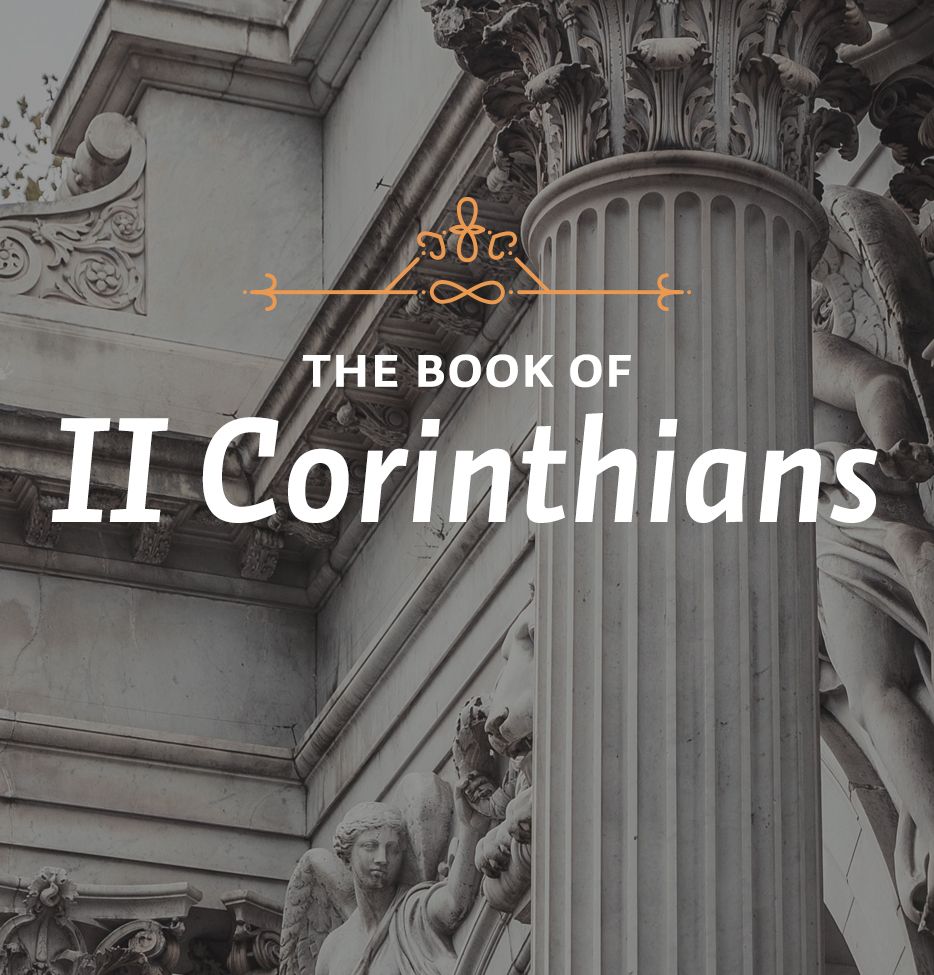There is a fourth reason for suffering. Paul discusses the reason here in 2 Corinthians. Paul explained that God allowed him to suffer, and also to experience the comfort of God in his suffering, in order that he, as a minister of God, might comfort those who are likewise suffering. Have you ever thought about your suffering that way? You experience a great illness. Have you ever thought that God allows you to have that in order that you might speak, as a Christian, a word of comfort to someone else who is going through the same thing? You suffer a death in your family. It is a great loss, very painful. You think nobody could possibly understand that, and it is true. People who have not gone through that experience cannot fully understand. But then somebody else has the same experience and then they do understand. So you can go to them, and you can say, “When I was suffering exactly the same loss, God comforted me. That is what I want to share with you.” That is what Paul is talking about here. Here is Paul who apparently went through one of the great crises of his experience so that he despaired even of life.
2 Corinthians teaches a great deal about suffering from all that Paul endured. You find words like “troubles” and “suffering.” Paul actually lists his sufferings in detail in the eleventh chapter–he was flogged, and exposed to death, and shipwrecked, and in danger. Certainly it is a letter about suffering. Paul introduces the topic of suffering right at the beginning, the first of his themes here, the kind of things he endured while he was in Asia. But as he does this, he does not give a catalog of all the horrible things that happened to him. What he talks about is God’s comfort.
Notice how many times he talks about comfort in the first chapter. In verses 3 to 7, he uses the word “comfort” nine times. “Praise be to the God and Father of our Lord Jesus Christ, the Father of compassion and the God of all comfort, who comforts us in all our troubles, so that we can comfort those in any trouble with the comfort we ourselves have received from God” (2 Cor. 1:3-4). The word comfort is used five times right there! Then he says, “For just as the sufferings of Christ flow over into our lives, so also through Christ our comfort overflows. If we are distressed, it is for your comfort and salvation; if we are comforted, it is for your comfort, which produces in you patient endurance of the same sufferings we suffer. And our hope for you is firm, because we know that just as you share in our sufferings, so also you share in our comfort” (2 Cor. 1:5-7).Paul says that all comfort is from God. Furthermore the comfort that comes from God is for all our troubles. Is that not wonderful? There is no trouble you have, nothing you go through, no distress you experience where God is not present and able to bring you comfort.
Moreover, all real comfort is from him. Paul is well aware that somebody can come alongside someone who is suffering and say, “Come on, buck up. I’ll stick with you. I’ll help you.” In a certain sense, that is comfort, but Paul knows that if there were no sovereign God in charge of everything, one who gives purpose to life because he orders every detail of it, then in the ultimate sense there would be no comfort in anything because nothing would mean anything. But since God is in charge and working in the lives of those who are his people then there is comfort. The suffering means something. God is doing something in you so that you can be a blessing to others.
As I read it, I think Paul also says about this subject that because God comforts us in our suffering, we learn to trust him. If you look back over your life, you say, “Well, there was a period where things were really bad. Horrible things came in. I experienced all kinds of personal difficulties. But as I look back, I see that God was there. God was upholding me. God was helping me. God got me through it. God strengthened me. God comforted me in the midst of the loss.” If you can look back and see that, then you can trust God now. You can say, “God is faithful. God is the same God. God is the Alpha and Omega, the beginning and the end, the same yesterday, today, and forever. If he comforted me then, he will comfort me now.” And so, you begin to grow.






